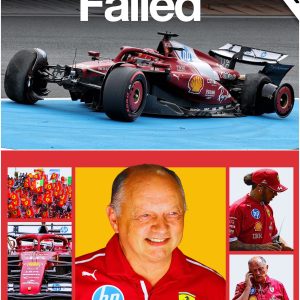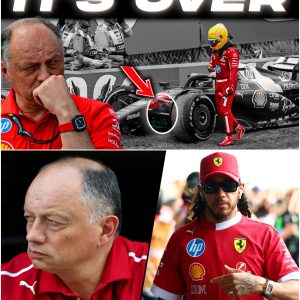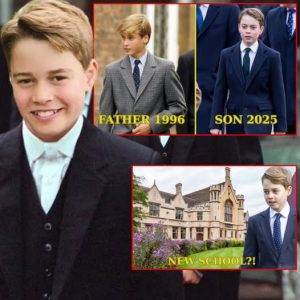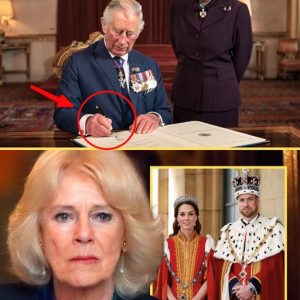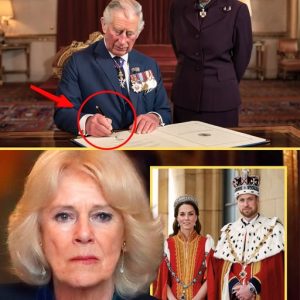The air in the Formula 1 paddock at the start of the 2025 season was thick with an almost mythical sense of anticipation. It was more than just the start of a new championship; it was the dawn of a new era.
Lewis Hamilton, the seven-time world champion, the titan of the modern sport, had done the unthinkable.
He had left the silver-clad fortress of Mercedes, a team he had called home for over a decade, for the fiery, passionate, and often chaotic world of Scuderia Ferrari.
The move was hailed as a masterstroke, a final, epic chapter in an already legendary career.
Pundits and fans alike envisioned a glorious union, predicting Hamilton would shatter even more records—most wins, most poles, and, crucially, an eighth world title to stand alone at the summit of motorsport.
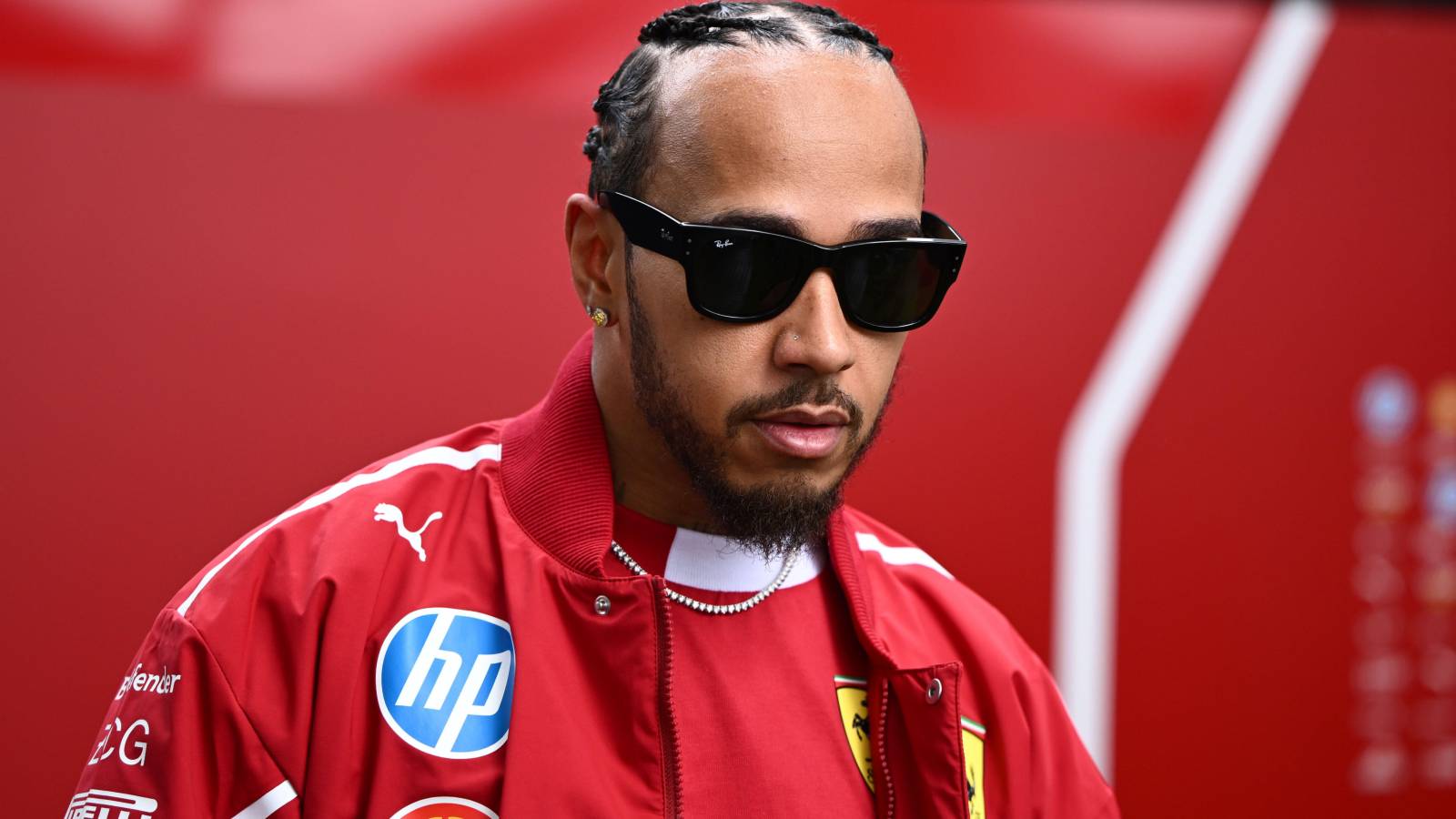
Fifteen races into the season, that dream has curdled into a shocking and brutal reality. The record-breaking predictions have been replaced by a statistic that would have been unimaginable just months ago: zero. Zero podium finishes. Zero champagne celebrations. Zero evidence that this historic partnership is anything other than a catastrophic miscalculation. For a driver who has practically lived on the podium for the better part of two decades, this drought is not just a performance slump; it’s a crisis that strikes at the very heart of his legacy. The sight of Hamilton wrestling his scarlet car to a middling seventh or a disappointing ninth has become painfully common, a jarring image that F1 fans are still struggling to process. The initial excitement has evaporated, replaced by a growing sense of dread. The question is no longer when Hamilton will win, but if he even can.
So, what has gone so horribly wrong? How can a combination of the most successful driver of all time and the most iconic team in history produce such dismal results? The answer, it seems, is not a simple one. It lies deep within the complex and often insular culture of Maranello. While Hamilton was accustomed to the well-oiled, clinically efficient machine of Mercedes, Ferrari operates on a different wavelength—one fueled by passion, national pride, and a notorious history of internal politics. Sources from within the paddock suggest that Hamilton’s arrival, instead of inspiring a new wave of success, has highlighted the deep-seated operational fissures that have plagued the team for years.

The first major hurdle has been the cultural shift. Ferrari is not just a racing team; it’s an Italian institution. The way it operates, communicates, and handles pressure is fundamentally different from the British-based Mercedes. This isn’t something that can be fixed with a simple engineering upgrade; it’s a human challenge. Furthermore, the operational side of the team, a long-standing Achilles’ heel, has been painfully exposed. The Ferrari pit wall and its race engineers have become infamous for strategic blunders that have snatched defeat from the jaws of victory on countless occasions. Described by some insiders as one of the worst strategic units in the entire paddock, their inability to make sharp, decisive calls under pressure has left Hamilton exposed on the track time and time again. The seamless synergy he shared with his Mercedes race engineer, Peter “Bono” Bonnington, has been replaced by what appears to be a frustrating and disjointed dialogue.
This disastrous start has placed Hamilton at a critical fork in the road, with his entire legacy hanging in the balance. The narrative of his career now faces two drastically different potential endings, each as compelling as the other. The first is the fairytale conclusion, the one everyone hoped for. In this scenario, Hamilton, through sheer force of will and unmatched talent, rises above the initial chaos. He galvanizes the team, overcomes the operational inefficiencies, and begins to win. He claws his way back to the top, perhaps securing a championship in his second or third year, and retires as the undisputed greatest of all time. Succeeding where champions like Fernando Alonso and Sebastian Vettel failed—taming the Prancing Horse and leading it to glory after two decades of near-misses—would be his crowning achievement. It would solidify his status not just as a great driver, but as a legendary team builder.
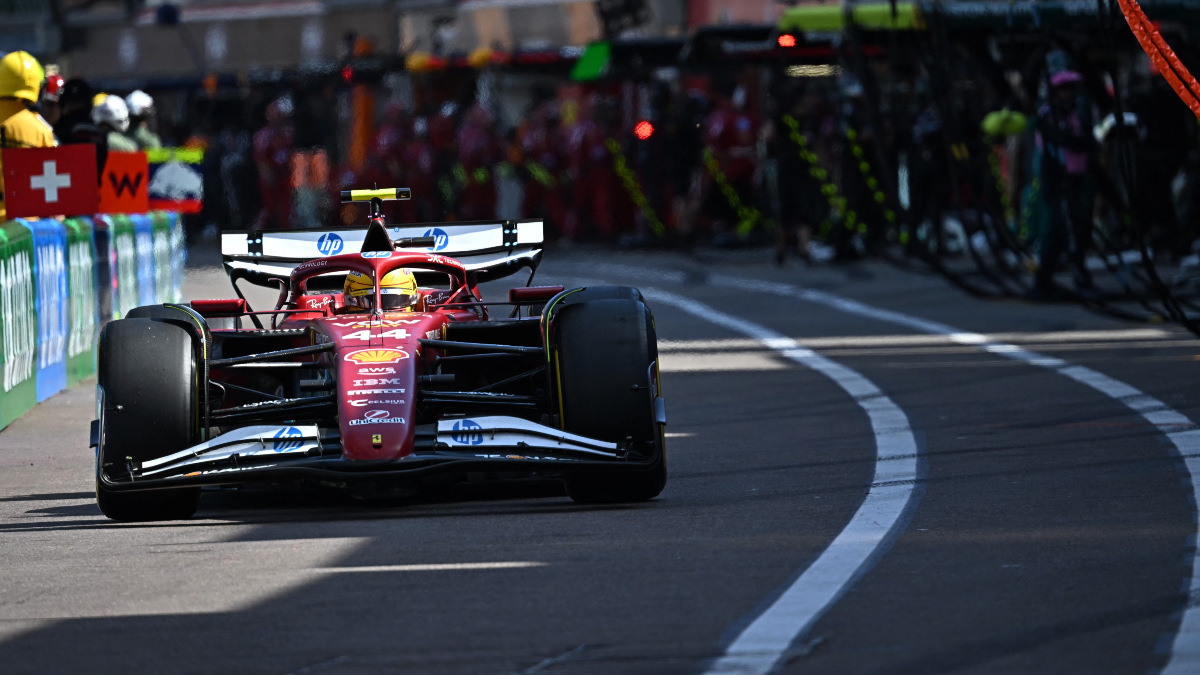)
The second outcome is far darker and, at this moment, feels terrifyingly plausible. It’s the disaster scenario. The partnership crumbles under the weight of disappointment and frustration. The wins never come, the podiums remain elusive, and the relationship between driver and team sours beyond repair. In this timeline, Hamilton’s Ferrari chapter ends not with a bang, but with a whimper—a premature and bitter separation that tarnishes the final years of his illustrious career. He would risk being remembered as another great champion who was broken by the machine of Maranello, a tragic footnote rather than a triumphant final chapter. The stakes could not be higher.
At the center of this high-stakes drama is Hamilton’s ultimate ambition: that elusive eighth world championship. He has been open about it; it is the singular goal that motivated this risky move. Winning it with any team would be historic, but winning it with Ferrari carries a different weight entirely. It would be a feat that echoes the legacy of the great Michael Schumacher, who arrived at a struggling Ferrari in the mid-90s and forged it into an unstoppable dynasty. For Hamilton, this is not just about a statistic; it’s about cementing his place in the pantheon of gods.
As the 2025 season continues its relentless march forward, the world watches with bated breath. Every weekend is another test, another chance for redemption or another step toward disaster. Those who support him, and even those who don’t, feel the tension. There is a deep, personal desire among many to see him succeed, to witness that perfect storybook ending where he hoists the championship trophy, adorned in red, mirroring the legendary success of Schumacher. It would be the perfect, poetic conclusion to a career that has redefined the sport. But for now, that dream is a distant flicker in a storm of doubt and disappointment. The Prancing Horse is wounded, and its legendary rider is facing the greatest challenge of his career: to tame the beast, or be consumed by it.
